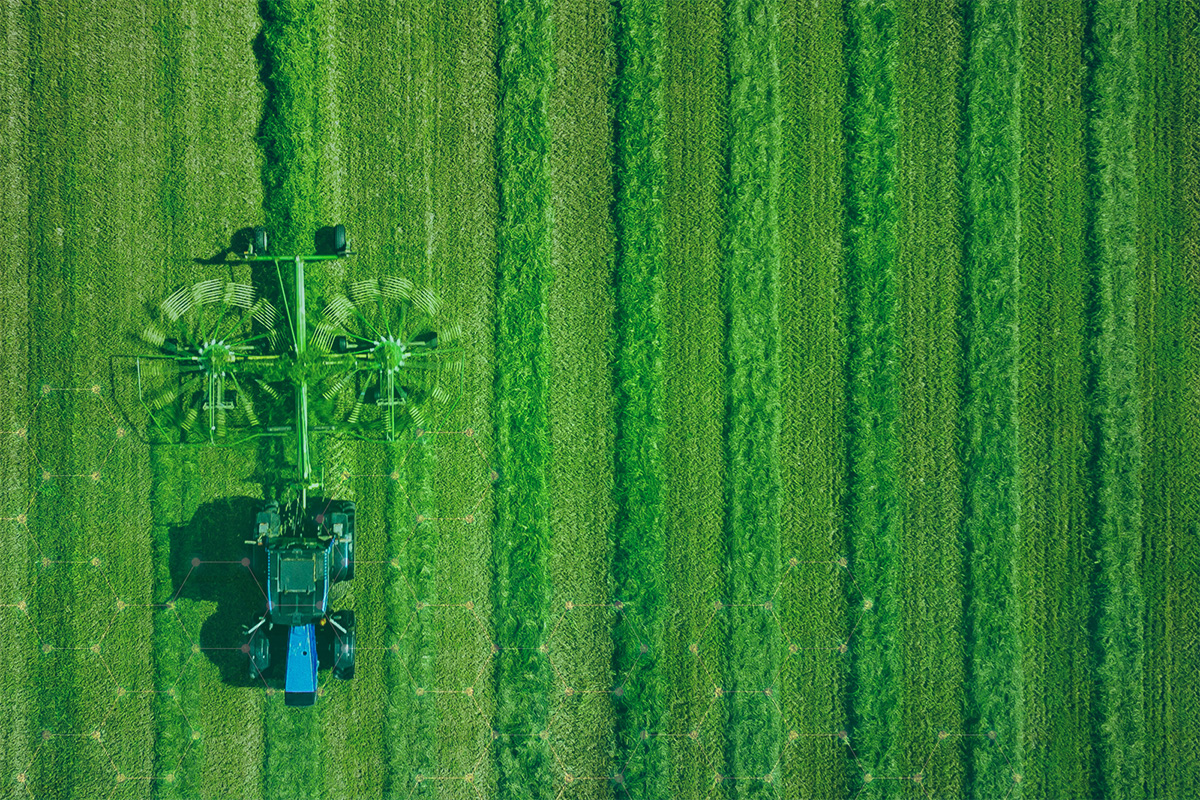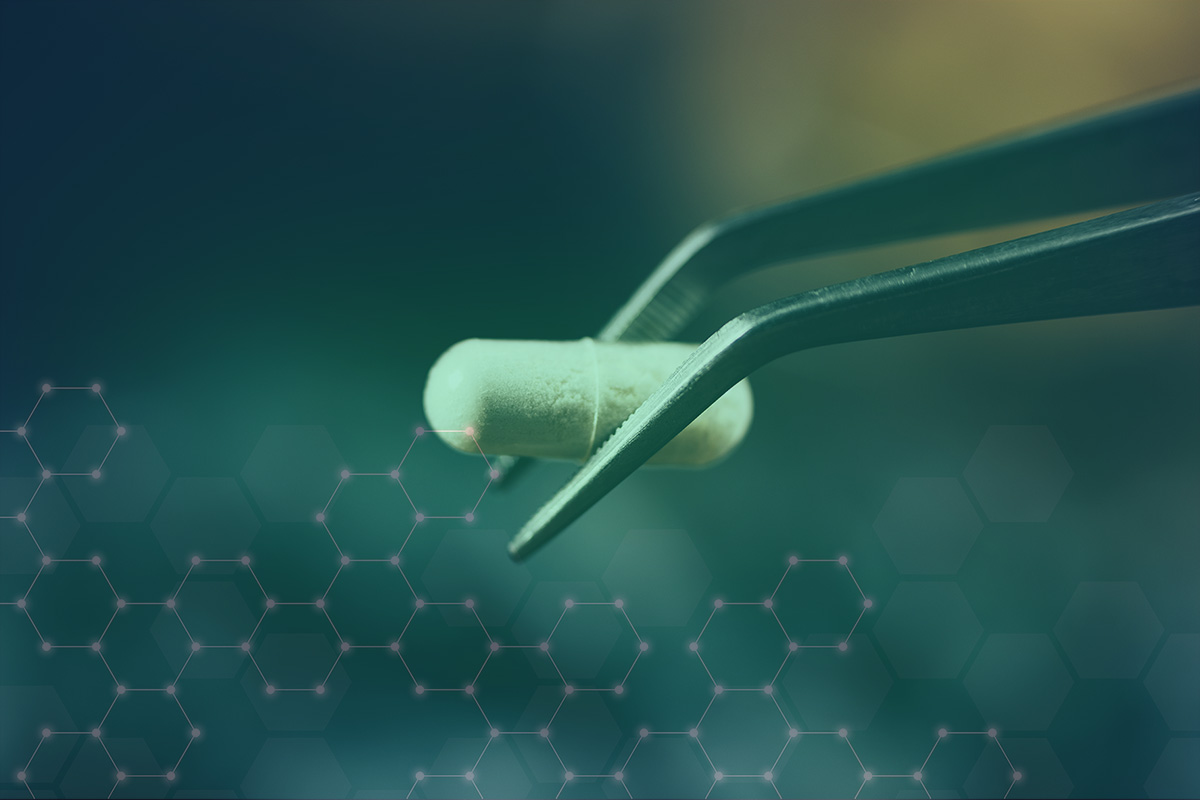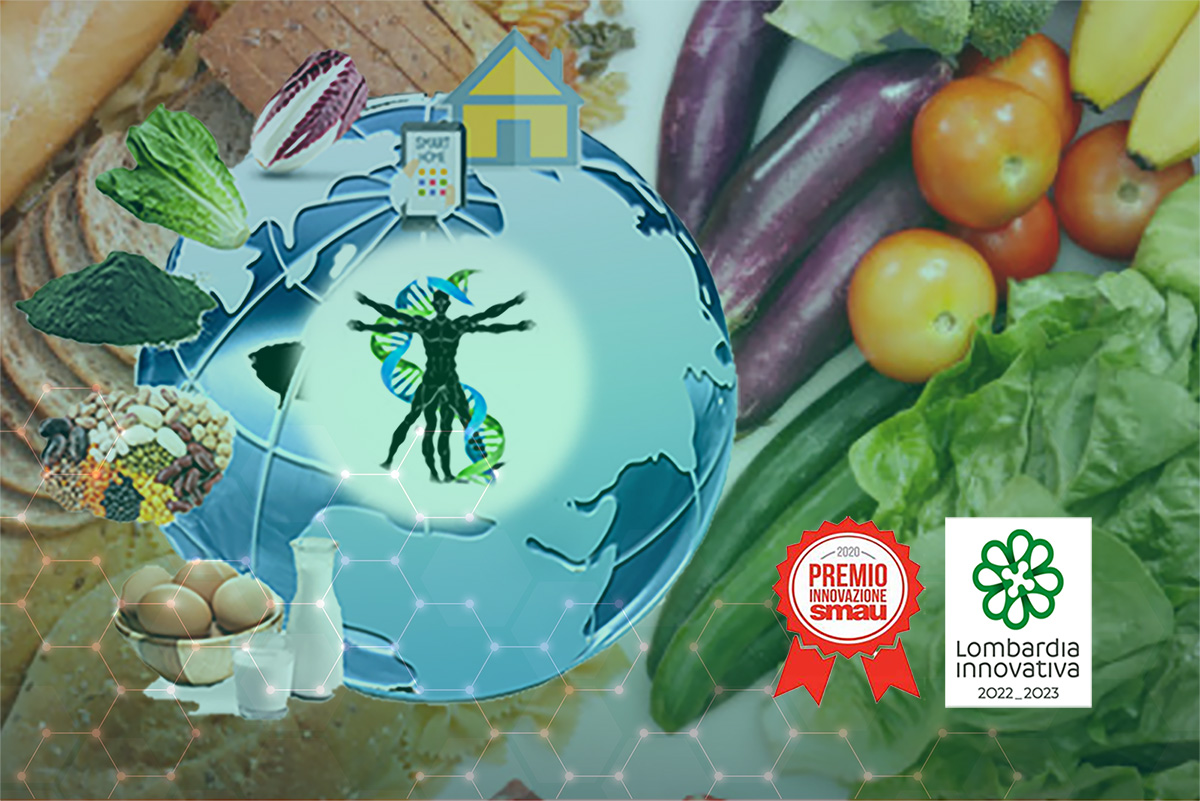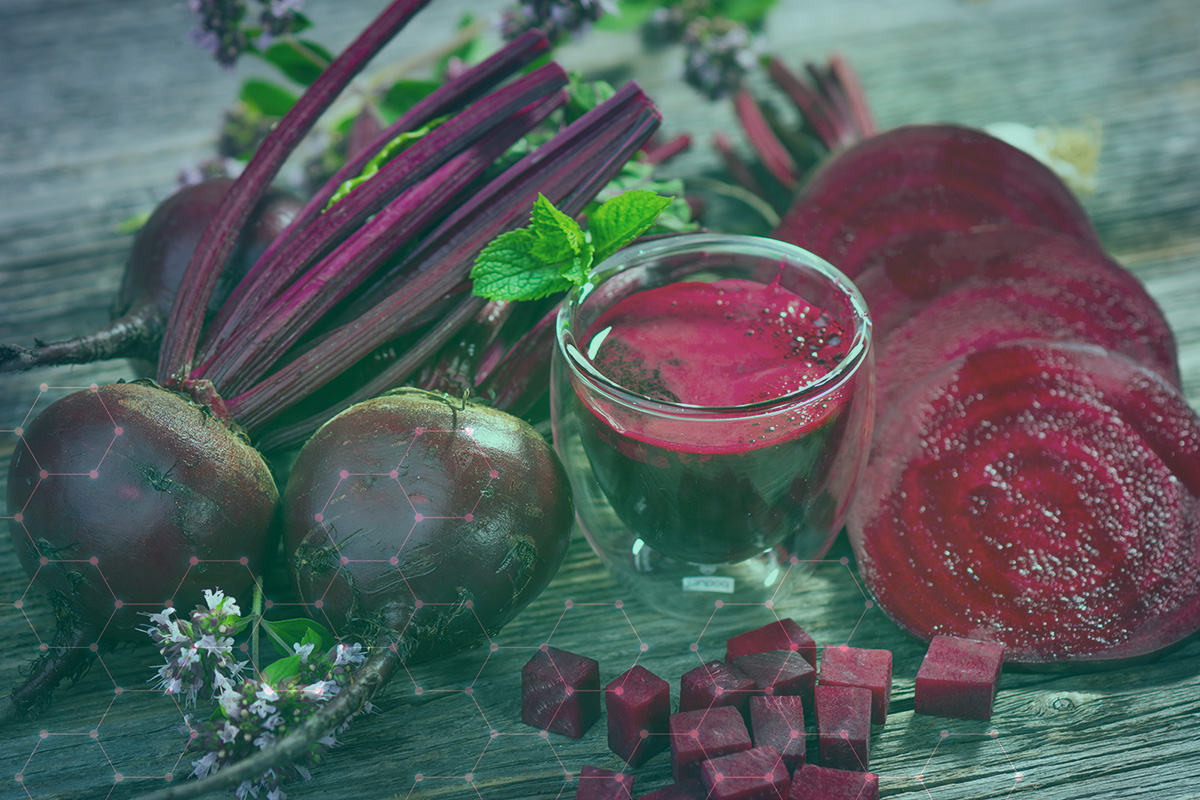PHYTODAM - NATURAL CARRIER FROM AGRI-FOOD CO-PRODUCTS
Primary objective of the PHYTODAM project was to search for a natural carrier from agri-food co-products of Lombard origin, and functional to active compounds encapsulation.
Bioavailability of phytonutrients - the ability of a compound to remain bioaccessible during the digestive process and then be effectively absorbed in the intestine - is one of the most debated topics in the field of nutraceuticals. Proteins and polysaccharides of natural origin, especially from vegetables, are in fact currently sought either for their technological and nutritional properties, and have recently attracted the attention of researchers and companies in the pharmaceutical and food sectors.
PHYTODAM project has brought to the development of a plant extract rich in polysaccharides and proteins, which, thanks to its peculiar composition, can be used as a carrier for the encapsulation of other bioactive compounds. The innovative formulations obtained are characterized by improved bioaccessibility and health effectiveness.
INTAKE OF PHYTOCOMPLEX IS MOSTLY INEFFICIENT WHEN TESTED ON PATIENTS

The state of the art of research in the nutritional field reports that intake of phytocomplexes rich in micronutrients such as polyphenols, carotenoids and vitamins or unsaturated fatty acids, can have an important effect on the general health of the consumer. However, this kind of compounds is mostly inefficient when tested on patients, due to their bioavailability and stability to the gastrointestinal environment, thus making it necessary to intervene by administering these products. The encapsulation of these micronutrients through protein and polysaccharide carriers improves solubility and bioavailability, also leading to a net increase in the efficiency of bioactive compounds.
The synergy between macro- and micronutrients will lead to an extremely enhanced nutritional action: the added proteins and polysaccharides, acting as carriers and encapsulating the phytocomplex of the extract, can improve the bioavailability of vitamins, polyphenols and fatty acids and, at the same time, bring additional nutritional value to the final product as a source of amino acids and fibers.
FROM CAMELINA CAKE AN EFFICIENT CARRIER TO ENCAPSULATE PHYTOCOMPLEXES
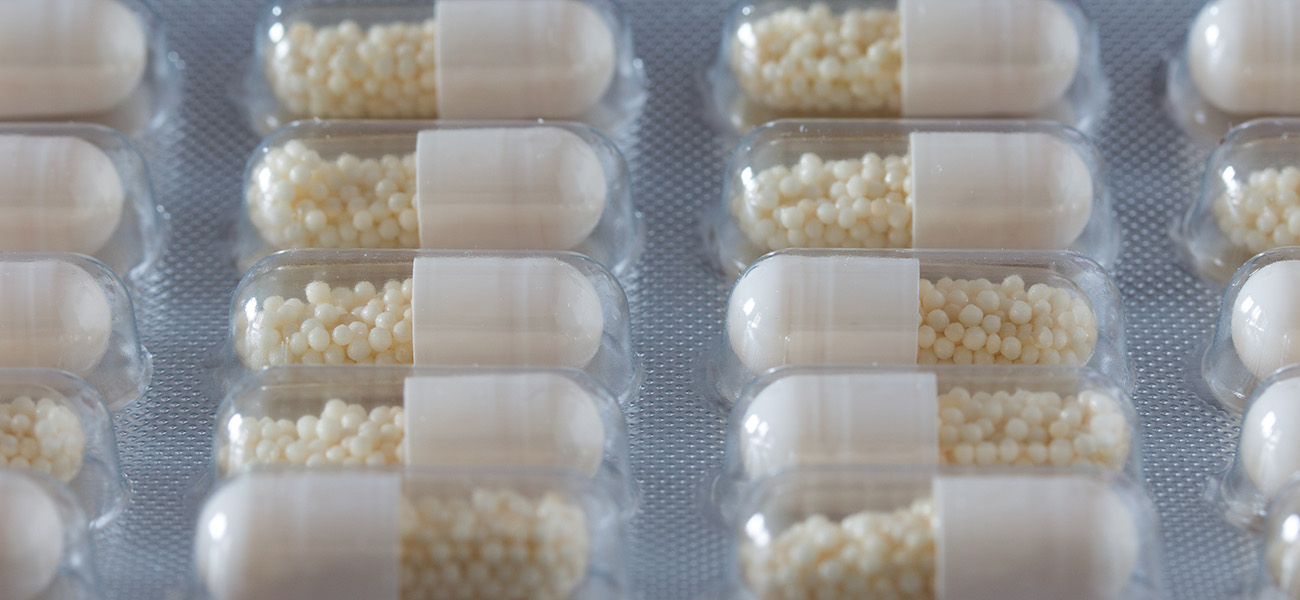
To verify the stabilizing properties of the polysaccharide fraction from camelina cake, two formulations containing 50% and 75% of carrier were subjected to various stability tests at high temperatures and humidity levels and, furthermore, to a series of experiments to evaluate the stabilizing effect of the carrier during digestion.
Two selected formulations were subjected to a protocol that allows to mimic in vitro the chemical and enzymatic environment characterizing the digestion process and based on the standardized INFOGEST protocol. To appreciate the stabilizing effect of the carrier, the bioaccessibility index (fraction of compounds present in the bioactive form and completely solubilized in the intestine and accessible for absorption) was monitored both in the presence and in the absence of carrier. Based on these results, it emerged that both tested formulations are extremely effective in stabilizing polyphenols during the digestion process, preventing their degradation when exposed to sudden changes in pH or to enzymatic activity.
In some compounds it was possible to particularly appreciate the carrier activity after the gastric phase, while for anthocyanins, the stabilizing effect of the polysaccharide fraction was particularly evident at the end of the intestinal phase. These compounds, in fact, are particularly unstable at slightly basic pH, therefore they were totally degraded in the intestine when digested in the free form, while in the presence of carrier, an increase in their bioaccessibility of about 40% was observed.

2022-2023



